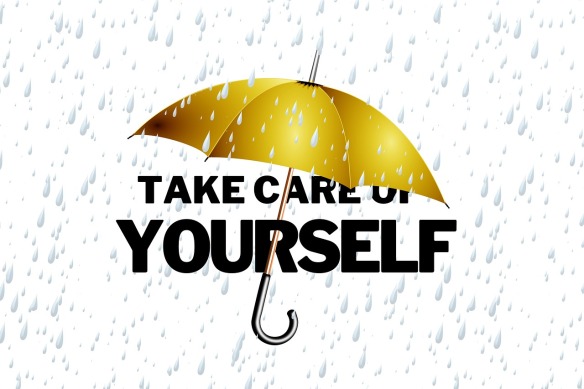Life is a road trip.
By David Joel Miller, MS, Licensed Therapist & Counselor.
Have you ever taken a road trip without a map?
I think life is a lot like a road trip. My life has been a road trip without a map. I don’t know about you, but when I came home from the hospital after being born, I didn’t get that instruction booklet that told me where to go and what to do.
For most of my life, I’ve been driving along, heading for one destination or another. Sometimes, I encountered a closed road and had to change my direction. Without that grand plan for life, you can encounter lots of dead ends. Sometimes, you come to a fork in the road and have to decide whether you go to the left or the right. The longer I’ve been traveling the road of life, the more I wonder what would’ve happened if I had made different turns and selected different routes along the way.
Early in life, you follow the flow of traffic.
In the beginning, your life direction is largely set by your parents or by the other people in the home where you live. If you come from a dysfunctional family where driving backward is the norm, you pick that up as a habit, and the longer you do it, the harder it gets to change.
When you begin attending school, you start learning and accepting directions from people outside your family. In the early grades, it’s likely to be “do what the teacher says.” A little later, people start to follow the Maxim, “We should do what the principal says.” This becomes an appeal to a higher authority. Some people stick to that habit for the rest of their lives.
Sometimes, the directions are contradictory.
Trying to navigate life’s challenges can get very confusing when the directions you get contradict each other. For some people, this results from having one parent tell you one thing and the other parent tell you something entirely different. The more you move around, spending time with grandparents or stepparents, the harder it becomes to decide which directions to follow. Some people just give up following the rules and follow the motto “do whatever you want.”
Sometimes, the road is bumpy.
Everyone has parts of their life that feel like navigating a road full of potholes. Depending on your driving skill and the options you have, some bumps are barely noticeable, and others can throw you completely off course. Not everyone who goes down a particular stretch of road hits the same potholes.
I’ve learned that some people have an early life event but quickly recover, while other people are injured so severely by that event that they struggle for the rest of their lives.
Other times, you run out of gas.
Thinking about this metaphor, taking the road trip of life, I’ve learned that there are people and times when you can keep going on and on no matter what’s happening. But other times, driving over rough roads wears you out. Sometimes, you just run out of gas and give up on the trip altogether.
One form of running out of gas is professional burnout, a condition where going to work each day is so tiring that you can’t rest up. When you’re worn out from taking the course you have been following, you may decide you don’t want to travel with the people that are currently in your life. Sometimes, you get so discouraged that you doubt your ability to chart a course in life.
For times like these, the only alternative is to give up your travel plans and chart a new life. Over the last few years, I’ve seen a lot of people who burned out at their current jobs, went back to school, and started off on a new career, which took them in a totally different direction.
Occasionally, you discover something magnificent.
Sometimes, the struggle of driving that winding road requires traveling a little more slowly, but if you take the time to look around, you may be surrounded by magnificent scenery. Some of the best things that happen in life can result from a serendipitous experience.
What if you make a wrong turn?
I’ve heard from researchers who have studied end-of-life regrets that the greatest regrets don’t come from the roads you took. At the end of life, the largest regrets usually come from the times you played it safe and stayed on the straight interstate freeway. It’s those side roads that you always wanted to take but passed up in your hurry to get to the end of your journey that you are likely to regret.
So, how is your life road trip going?
Are you happy with the direction your life is going? Are there side trips you wanted to take but never let yourself go there? When you get to the end of your journey, what wonderful stories will you have to tell? If the life you’re living is not taking you where you want to go, how might you change your direction?
Does David Joel Miller see clients for counseling and coaching?
Yes, I do. I can see private pay clients if they live in California, where I am licensed. If you’re interested in information about that, please email me or use the contact me form.
Staying in touch with David Joel Miller.
Want the latest blog posts as they are published? Subscribe to this blog.
For more information about my writing journey, my books, and other creative activities, please subscribe to my blog at davidjoelmillerwriter.com
Seven David Joel Miller Books are available on Amazon now! And more are on the way.
For more about my books, please visit my Amazon Author Page – David Joel Miller
For information about my work in mental health, substance abuse, and having a happy life, please check out https://counselorssoapbox.com
For videos, see: Counselorssoapbox YouTube Video Channel










